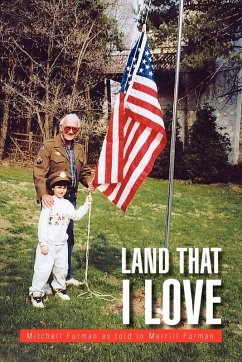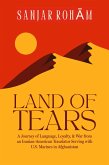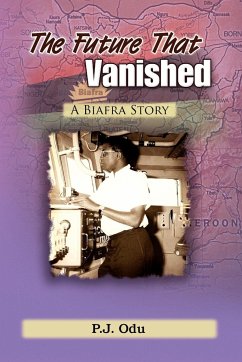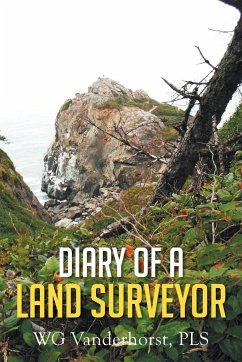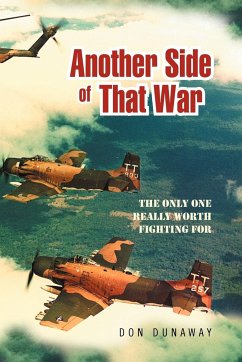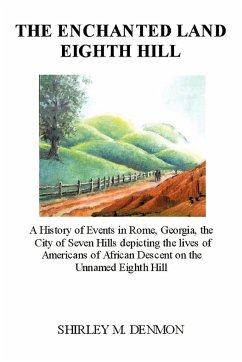Web Page for LAND THAT I LOVE by Mitchell Furman as told to Merrill Furman BOOK SUMMARY: After the war, they had camps set up. And my job was rounding people up and taking them to wherever their camp was. You would take a group of Russians and drive them to an area where the Russians were kept. Maybe pick up a gang of French. They were called DPs. They were displaced from the war, they had no place to go. And they were always asking me to do things that no way I could do. So I'd point out some officer. I'd say, See that man over there with the bars on his shoulder? He's a captain. You go over there, say "Captain Shitface, can you help me?" And I'd disappear someplace. With humor and heart, Land That I Love chronicles the life story of Mitchell Furman, through the Depression years and World War II (where he served in the Army and was awarded the Bronze Star and Combat Infantry Badge), to running a family business and his 58-year marriage to Eleanor. Recalling his many escapades, and in his unique voice, Furman paints an unforgettable portrait of an unforgettable man. BOOK EXCERPT: THE EARLY DAYS I was born during the Great Depression. When my parents looked at me, they were greatly depressed. Now I was raised in a strictly gentile neighborhood and I never had any problem and everybody knew I was Jewish. At a very young age, I beat up the toughest guy around and that put a lid on it. My family lived on Carey Street at the time, which was predominantly Irish Catholic. Then, right behind my house was a public garage and, behind that, a dirt hill. They called it Polish Hill because that's where the Polish families lived. And the Polish and the Irish used to clash all the time. Lots of these guys were my buddies - names like Tommy Clyde and Kasimir Terlecki. Stanley Palachock was another. At Halloween, the Polish kids would wait till we got our bags full and then come after us with stockings full of potatoes. They threatened to beat us with the stockings unless we turned our bags over to them. All I know is, I always brought home plenty of candy. I had a work ethic from a very young age. From the time I was eleven, I knew how to make money. There was a Penn Fruit that opened up at 21st and Hunting Park - one of the very first supermarkets in Philadelphia. The neighborhood kids would try to make a few pennies by helping the women home with their packages. A friend, Duck Abrams, and I decided to get in on the action. We built a wagon the size of a tractor trailer. You should have seen this thing. We could barely move it, it was so big. Naturally, we did more business than the other guy. My first job where I got a salary was the Temple Movies. But I also delivered newspapers, sold magazines and shoveled garages. Not only would I go from door to door saying, "Shovel your pavement, lady? Shovel your pavement?" But I worked for a man by the name of Mr. Poll who had 50 individual garages at 19th and Butler. Fifty garages! I was twelve at the time and I shoveled in front of those 50 garages for $5. The Temple Movies paid me $6 a week to be a projectionist. The tough part of the job was carrying the reels up and down a long flight of steps. They were much too heavy for a 12 year old boy to carry. I worked 35 hours a week. Never did homework. My grades got by. I never had a failing grade nor did I have any grades that were remarkable, other than math. I'd work and go to school, work and go to school and, on Monday night, if I was a good boy, I could listen to the Lux Theatre on the radio. At the movies, I worked with a guy by the name of Ray who did nothing but read the paper. I did all the work and he read the paper. One day I asked him, "Ray, why do you make $60 a week and I make $6 a week?" "Mitch," he said. "What would you do if the machine broke down?" After a while they gave me a dollar raise. But Grandpop said he needed me in the family business. I didn't w
Hinweis: Dieser Artikel kann nur an eine deutsche Lieferadresse ausgeliefert werden.
Hinweis: Dieser Artikel kann nur an eine deutsche Lieferadresse ausgeliefert werden.

